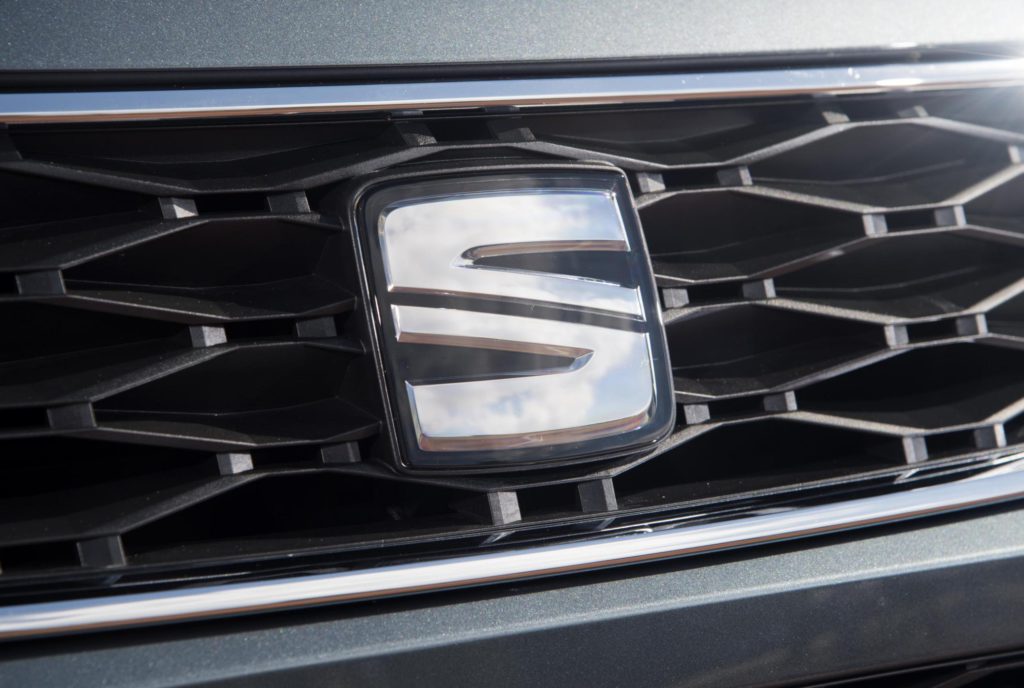VW denied permission to use SEAT name on EVs in China
22 August 2017

22 August 2017
SEAT, a brand of the Volkswagen (VW) Group, is being prevented by a Chinese Government agency from lending its name to a number of locally made electric vehicles (EVs).
In a move which is seen as limiting foreign manufacturer ability to compete in the country’s car market, especially with the introduction of quotas on EVs in 2018, VW has been refused permission to use the SEAT name on vehicles produced by its joint venture with Chinese firm JAC. However, according to a report in the Financial Times, the decision could yet change, according to one person familiar with the matter. ′The first step is for a local brand name,’ he said.
The ability for vehicle manufacturers to use their brand power to sell vehicles in the world’s biggest car market could be at stake, with the potential domination by foreign brands threatening to out-compete the country’s home-grown industry and the country’s plans to become a world leader in EVs and battery technology. The latter is a move already seen with the announcement that Geely will turn Volvo into an electric and hybrid only manufacturer, and a Chinese consortium buying Nissan’s battery company.
Therefore, a foreign name on a car produced by a venture including a Chinese company would be seen as taking away a local name from the market. Some are interpreting the National Development and Reform Commission’s (NRDC) decision as one aimed at ultimately hamstringing foreign carmakers’ ability to market locally produced electric vehicles and hybrids in China, where their brand recognition could provide an edge over local Chinese brands.
The NDRC’s decision applies only to the new joint venture between VW and JAC, and does not appear to limit carmakers’ ability to use their foreign marques on existing joint ventures in the country. All foreign carmakers producing locally in China are required to create joint ventures with local companies. BMW and Audi, for example, are already producing own branded NEV’s in China with their joint venture partners.
VW’s tie-up with JAC received permission in May, and is the third joint venture it operates in China. It is aimed at producing NEVs (new-energy vehicles, principally EVs) to satisfy Chinese government quotas.
Meanwhile, Ford has signed a memorandum of understanding with Chinese company Anhui Zotye Automobile to explore the establishment of a joint venture to build electric vehicles (EVs) in the Asian country.
In a statement, the company said that vehicles produced by the venture would be sold under a brand owned by the partnership, in which both companies have a 50-50 stake. This would give the US manufacturer a Chinese foothold in the EV market while not falling foul of the NRDC’s decision with VW and SEAT.
Photograph courtesy of SEAT